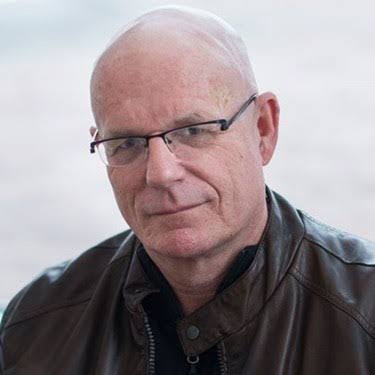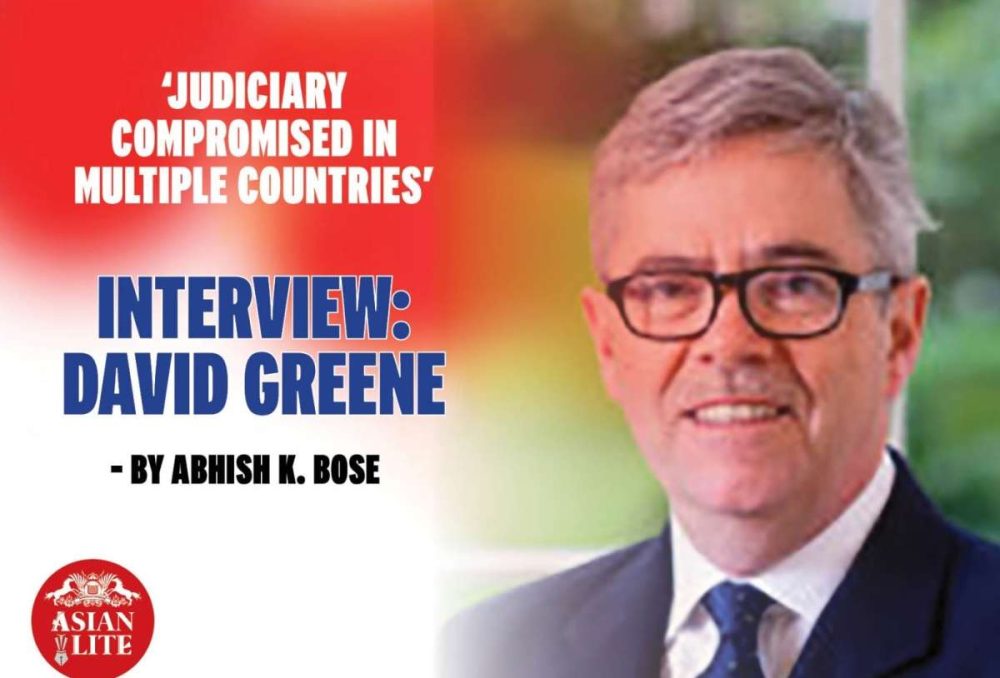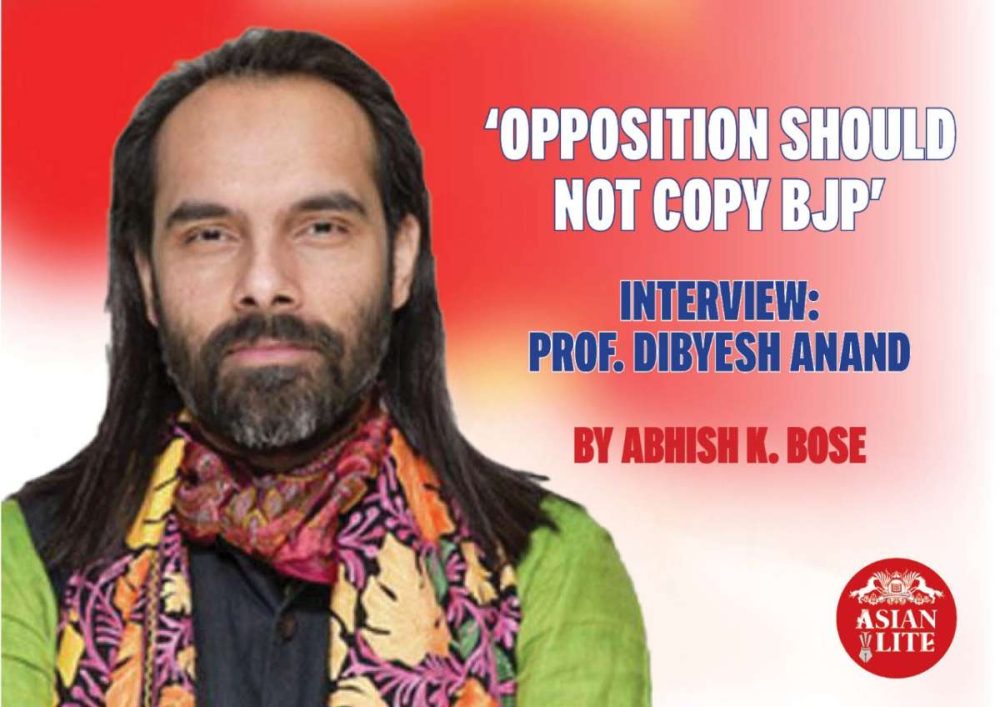By Aswin Prasanth and Augustine George
Philosophy teaches us to reason and to criticize, rather than to obey and conform, and as such has the power to fuel dissidence”: An Interview with David Livingstone Smith
David Livingstone Smith is Professor of Philosophy at the University of New England. His work has been featured extensively in national and international media, appealing to both academics and non-academics alike. His research interests include self-deception, dehumanization, human nature, ideology, race and moral psychology. Being an interdisciplinary scholar, his publications are cited not only by other philosophers, but also by historians, legal scholars, psychologists, and anthropologists. He has been featured in several prime-time television documentaries and his interviews have appeared in numerous newspapers, magazines and radio. In 2012, he was a guest at the G20 Economic Summit, where he spoke on dehumanization and mass violence.
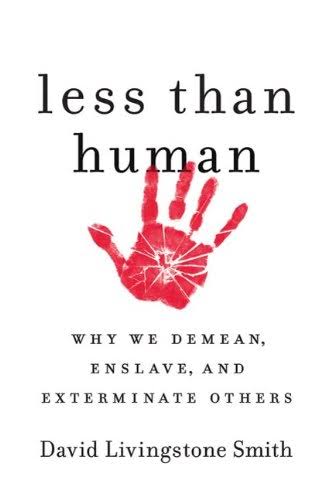
His major works include Freud’s Philosophy of the Unconscious (1999), Approaching Psychoanalysis: An Introductory Course (1999), Psychoanalysis in Focus (2002), Why We Lie: The Evolutionary Roots of Deception and the Unconscious Mind (2004), The Most Dangerous Animal: Human Nature and the Origins of War (2007), Less Than Human: Why We Demean, Enslave and Exterminate Others (2011), On Inhumanity: Dehumanization and How to Resist It (2020), and Making Monsters: The Uncanny Power of Dehumanization (2021). His book, Less Than Human won the 2012 Anisfield-Wolf award for nonfiction.
1. Which philosophical ideas or theoretical frameworks are used in Making Monsters to analyse dehumanization, and how do you make sense of the seemingly incompatible idea that the dehumanized entity is simultaneously a complete human and subhuman?
The two main philosophical ideas that I draw on are essentialism and hierarchy. The word “essentialism” has an exceedingly long history. Over the centuries, it has acquired various meanings. When I talk about essentialism, I mean what psychologists call “psychological essentialism.” This is the idea that all human beings tend to think that what makes any individual the kind of being that it is, is a deep unobservable property that is possessed by only individuals of that kind. Psychologists call this its “essence” and call our tendency to attribute essences to things “psychological essentialism.”
This is not as complicated as it might sound. The idea is that what makes any individual a human being is their possession of a human essence, what makes any individual animal a goat is its possession of a goat essence, and so on. This way of thinking is a kind of cognitive bias that is not consistent with a scientific worldview, but it is nevertheless very pervasive. Essentialism explains how it is possible for us to think of others as not truly human. We imagine that although they appear human (on the “outside”) they do not have a human essence (on the “inside”) and therefore are not human at all.
The other component, hierarchical thinking is necessary for us to think of others as less or lower than human beings. It is the idea that there are “higher” and “lower” kinds of beings (this is sometimes called the Great Chain of Being). Traditionally, God is placed at the top of the hierarchy as the most perfect of beings, humans a little lower down, and then various kinds of animals, plants, with inanimate matter at the bottom.
Putting these two ideas together, we can derive an analysis of dehumanization. When people dehumanize others, then, they think of them as having the essence of an animal lower than the human on the hierarchy.
However, this way of conceiving of others meets a psychological obstacle. When we encounter other members of our species, we just can’t help recognizing them as fellow human beings. The automatic recognition of the humanness of others is an unavoidable aspect of our nature as social primates. So, when people in positions of power and authority use their influence to get us to think of some group of people as subhuman, and we accept this, we end up believing that they are human and subhuman at the same time. This transforms them into monsters in the eyes of their dehumanizers, which unleashes immense cruelty and violence against them. We can observe this process unfolding again and again in genocides and mass atrocities.
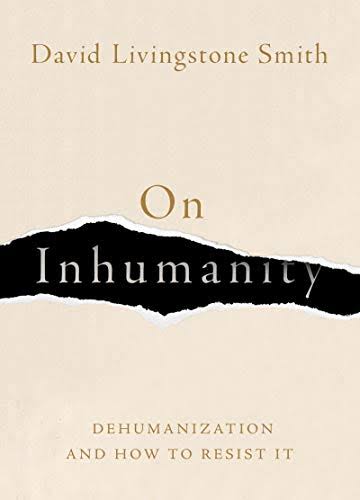
2. In light of current social trends like the rise of white nationalism and the dissemination of racist rhetoric, how do you negotiate the intricate relationship between racism and dehumanization in On Inhumanity? Furthermore, how would you suggest confronting and thwarting the ubiquitous threats of dehumanization to both people and society at large?
It’s helpful to begin by considering what race is supposed to be. The first point to be made is that the race is a folk theory of human diversity and is incompatible with what our best science tells us about the facts of human variation. As I see it, the idea of race is the idea that there are a small number of fundamentally distinct kinds of people, and everyone on earth is either a pure specimen of one of these kinds or a mixture of two or more of them. Second, membership in a race is supposed to be transmitted biologically from parents to offspring, through the inheritance of a racial essence. This racial essence may or may not be expressed in a person’s appearance—that is, they might appear to be a member of one race, while “really” belonging to another. Finally (and this is especially important) the notion of race involves hierarchy, the idea that some races are “higher” than others. It is obvious, then, that racism is not something that is extraneous to race. It is built into the ideology of race itself.
The structure of racial thinking strikingly echos the structure of dehumanization. Both involve essentialism and hierarchy at their core. This is why racialization is very often a precursor to dehumanization. When a group of people is racialized, they are seen as lesser humans—that is, lower on the scale of humanity than the racializing group. When they are dehumanized, they are seen as less than human—demoted from the category of the human altogether.
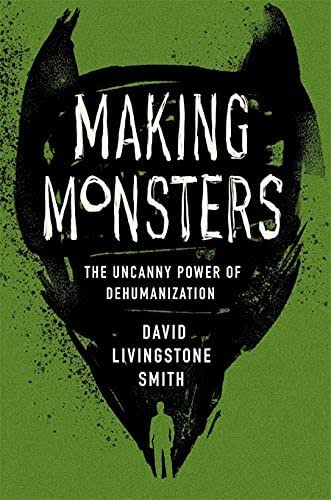
3. What does Less Than Human add to our knowledge of pervasive dehumanization in history? Furthermore, how can you examine the numerous manifestations and fundamental causes of dehumanization using multidisciplinary techniques from fields like evolutionary psychology, biology, anthropology, and philosophy?
I wrote Less Than Human because there was at the time no comprehensive, book-length study of dehumanization in the English language or, as far as I can determine, any other language. I had three major aims in the book: to develop a conception of dehumanization (that is, develop a view about what dehumanization is), to develop a theory of dehumanization (that is, develop a view about how dehumanization works), and to trace out the history of the concept of dehumanization, from ancient times to the present. To do this effectively, I had to take an interdisciplinary approach, because dehumanization is incomprehensible unless we take psychological, political, cultural, and biological factors into account. At the time (and this is still true today) almost all of the research into dehumanization was being done by social psychologists, and I saw very quickly that this exclusively psychological approach was far too limited. Less Than Human was my first attempt to give an analysis of dehumanization, and although there is much in it that remains of value, my later books On Inhumanity and Making Monsters revise and extend the analysis that I presented there.
4. In Why We Lie, how do you examine the psychological processes and evolutionary roots of deceit and self-deception? What are the consequences of this approach for comprehending interpersonal interactions and the making of the human mind? Furthermore, what role do you think analysis of narratives, lies, and unintentional signals play in our comprehension of our own identities and thought processes?
Why We Lie has two basic components. One is an argument that deception and self-deception are central to human social life. Human existence as we understand it would be impossible without a large measure of dishonesty and manipulation, most of which remains unconscious. If we did not routinely deceive ourselves and each other, human society would fall apart. It follows that it is shortsighted to condemn dishonesty as intrinsically wrong and self-deception as a mental defect. Instead, we should distinguish between constructive and destructive forms of deceit.
I still stand by this view.
The other component consists of evolutionary psychological claims about the origin and nature of deceit. I am much more sceptical of this now than I was in 2004, when the book was published. This is because I have become very sceptical of evolutionary psychology more generally. To avoid misunderstanding, it is important to be clear about what I mean by this. I do not deny that the human brain, and therefore the human mind, are products of evolution, and I do not deny that deception is extremely common among other organisms in the natural world. However, most of the claims made by evolutionary psychologists, including claims that I made in Why We Lie are poorly founded, and should be treated cautiously. When I wrote Why We Lie, my spouse, the philosopher Subrena Smith, who is a noted critic of evolutionary psychology, helped me to recognize its serious shortcomings.
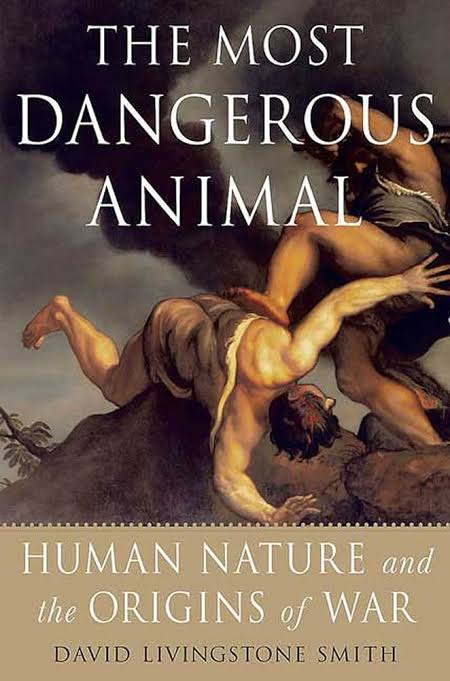
5. In The Most Dangerous Animal, how do you synthesize evolutionary, historical, anthropological, and psychological viewpoints to explain the dual nature of the human mind as reflected in our ability to be both fiercely violent and deeply repulsed by killing? Moreover, how can your investigation of human nature and its biological evolutionary foundations advance our knowledge of the pervasiveness of violence and horror throughout human history?
The Most Dangerous Animal is a transitional work. When I wrote it, I was still in love with evolutionary psychology, but I was also beginning to become interested in dehumanization. In fact, in the penultimate chapter, I tried to give an evolutionary psychological analysis of dehumanization in warfare. It was very crude, and from my present perspective, misleading. However, it did plant the seed in my mind that dehumanization plays a significant role facilitating mass violence and deserves to be thoroughly investigated.
When I began writing The Most Dangerous Animal, I thought that it would be a book all about the innately violent propensities of our species, and I was quite surprised to realize not only that human beings have powerful inhibitions against killing one another, but also that the act of killing often traumatizes the killer. Because I was still in the thrall of evolutionary psychology, I offered a simplistic account of the tension between the inclination to violence and the abhorrence of violence, but it is a topic that I have carried forward and addressed in a more sophisticated way in my later work on dehumanization.
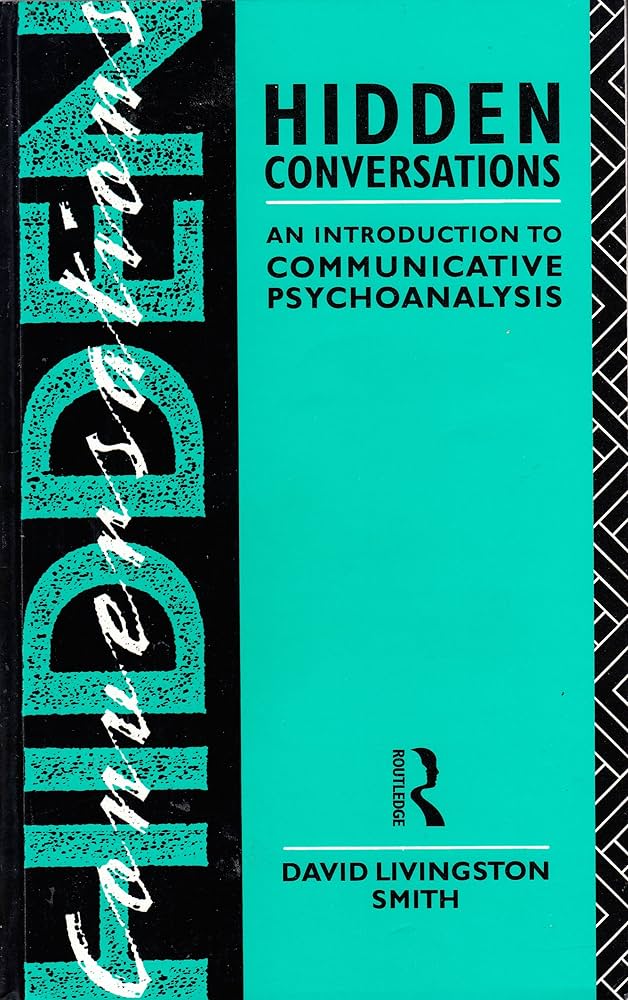
6. How would you evaluate Sigmund Freud’s treatment of basic philosophical issues, including the nature of consciousness, the mind-body paradox, and the connection between language and cognition in Freud’s Philosophy of the Unconscious? In addition, how would you rank the criticisms and interpretations of Freud’s work made by philosophers like Wittgenstein, Davidson, and Searle, and how would you rank the merits and demerits of each of these analyses?
I am an unabashed Freud fan. I believe that although he got many things wrong, there is still much to learn from his brilliant work. Before transitioning to philosophy, I was a psychoanalytic psychotherapist and a trainer of psychotherapists. My first four books were about psychoanalysis, and my earliest philosophical writings were on this subject too. Freud’s Philosophy of the Unconscious began as my PhD dissertation at the University of London. The eminent philosopher of science Adolf Grünbaum urged me to publish it and arranged for its publication.
Many people disparage Freud these days, and often have a mistaken view of his work, but I consider him to be a great philosopher and theorist of the mind who was far ahead of his time in all sorts of ways. His views of the relation between mind and brain, consciousness, and the relation between language and thought were radical when he first proposed them, but today are in tune with mainstream views in the sciences of the mind. Regarding the second part of your question, I do not rate the criticisms and putative defences of Freud offered by Wittgenstein, Davidson, and Searle all that highly. Adolf Grünbaum’s critiques are far more trenchant and far better informed.
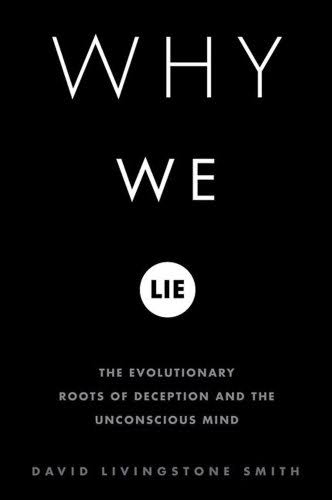
7. How do you resolve the conflict between psychoanalysis’s philosophical and ethical aspects and its status as a scientific discipline? What are the main objections to psychoanalysis as they are discussed in Psychoanalysis in Focus?
I do not see psychoanalysis as an intrinsically ethical project, although of course one can use it to inform one’s ethical views. Freud characterized psychoanalysis as a method for investigating mental life, a theory of the structure and workings of the mind, and a method of psychotherapy. None of these are intrinsically ethical, although they can certainly inform one’s ethical views.
The philosopher Patricia Kitcher has argued that Freud wanted psychoanalysis to be a complete interdisciplinary science of the mind, and I think that there is much to be gained by remaining true to his vision of the discipline, while correcting his errors and incorporating what we have learned since Freud’s death in 1939.
Freud was a fine philosophical thinker, but it is a mistake to think that there is an inherent antagonism between science and philosophy. Freud’s work is certainly relevant to several philosophical enterprises, including epistemology, philosophy of psychology, philosophy of mind, and even metaphysics. That said, psychoanalysis has significant scientific flaws. Its subject matter, the cognitive processing of emotionally charged information, is by its very nature difficult to investigate, and psychoanalysts have reacted to criticism by showing a haughty disdain for justified claims that they do not have adequate methods for evaluating clinical and theoretical hypotheses. But saying that psychoanalysis is un- or anti-scientific is incorrect. This charge is based on a very restrictive and impoverished notion of what science is. It is most accurate to say that psychoanalysis is a nascent or underdeveloped science.
Several of Freud’s proposals have been taken into mainstream psychological science, without attribution. Freud anticipated the learning algorithm now called “the backpropagation of error” used in artificial neural networks, and he developed the notion of Hebbian learning decades before Hebb proposed it in 1941. Psychologists like to distinguish their view of the unconscious from Freud’s by insisting that their conception is of a cognitive unconscious, but in fact it was Freud who earlier claimed that the unconscious mind is essentially cognitive and went even further to claim that all cognitive activity is unconscious. Freud has not been given his scientific or philosophical due.
8. Could you elaborate on the rationale of choosing the ‘seven stars’ of psychoanalytic thought leaving out Lacan, for your Approaching Psychoanalysis. Would you include Lacan if a new edition of Approaching Psychoanalysis were in the works?
That is easily done. I find Lacan unintelligible, and I would not include him in a new edition.
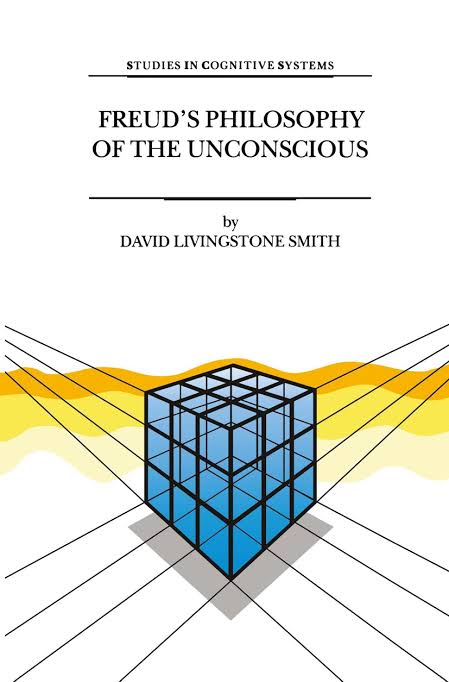
9. In your work Hidden Conversations you discuss the general lack of interest among psychoanalysts for Robert Langs’s communicative approach to psychoanalysis. Could you elaborate on some of the reasons for this and do you think that this general apathy towards Langs’s approach has changed in the present?
Langs’ approach is far too challenging for most therapists to handle. It demands a degree of self-criticism that most therapists are unprepared to embrace. At its core is the idea that people undergoing psychotherapy are exquisitely attuned to the implications of their therapists’ behaviour, and unconsciously convey this in encoded ways through the stories that they tell. What mostly happens is that they unconsciously regard their therapists as crazy, seductive, destructive, and so on, and convey these things in disguised ways through seemingly unrelated narratives. To give a simple example, after the therapist offers an interpretation, their patient might suddenly recall that her father used to gaslight her mother. In traditional forms of psychoanalysis, this might be seen as expressing an unconscious fantasy and interpreted as such, but in the Langsian approach it would be interpreted as a potentially veridical reading of the therapist’s intervention and interpreted along the lines of “After I spoke, you suddenly remembered how your father used to undermine your mother’s thoughts and perceptions. Maybe what I said a moment ago seemed just like that, that I was manipulating you by undermining your sense of reality by what I said.” No matter what the person next says consciously, the therapist waits to hear the patient’s unconscious feedback.
Unlike other forms of psychoanalysis, Langs’ approach is highly disciplined, there are clear criteria for when and how to intervene. Best of all, there are clear criteria for evaluating interventions and falsifying hypotheses, as well as predicting the thematic content of patients’ narratives. Working in this way is demanding, and therapists usually react strongly against it, sometimes even with hostility. If anything, the situation is worse now than when Robert Langs was alive. Sadly, there are very few people who practice psychoanalysis in this way today. Despite the self-serving hype, psychotherapists often have difficulty reflecting on their own behaviour in the consulting room and accepting that their patients are often more insightful about them than they are about themselves.
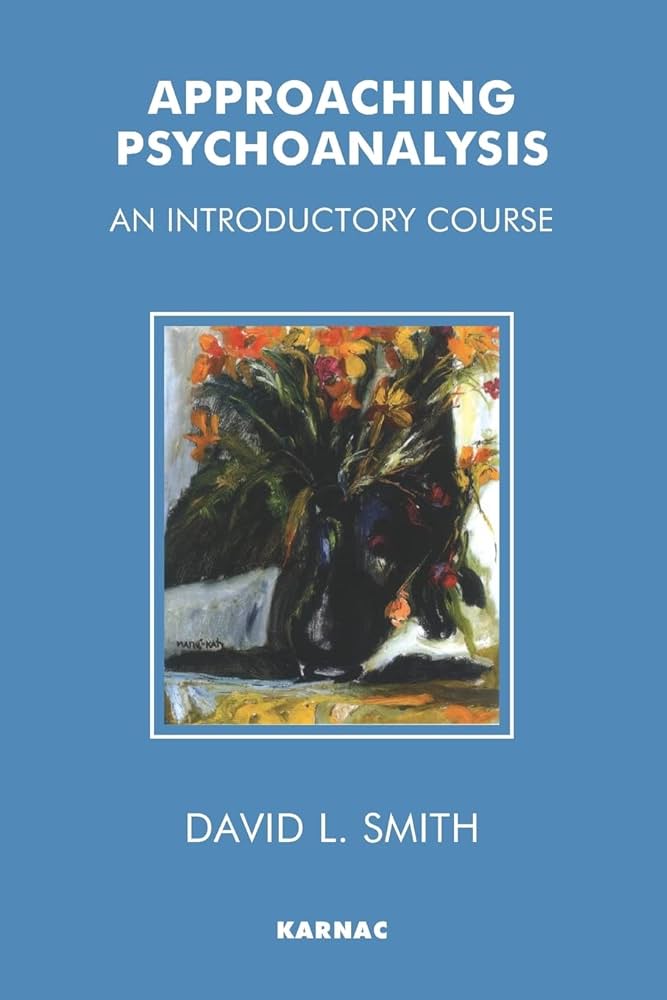
10. As a philosopher, what are your views on how philosophy can help to resist the spread of conflicts and the global resurgence of fascist tendencies? How can philosophical understanding help to advance peace and oppose authoritarianism?
I see philosophy as the practice of thinking things through, courageously, precisely, and imaginatively. It is anathema to authoritarian regimes because these abilities are crucial for fostering resistance, pushing back against domination. Philosophy teaches us to reason and to criticize, rather than to obey and conform, and as such has the power to fuel dissidence. I wish that everyone could receive basic philosophical education at some point in their education, but sadly, the world—or at least the United States—is moving in the opposite direction. Philosophy is seen by university administrators as irrelevant and dispensable. Consequently, philosophy departments in many universities are under-resourced and shrinking, and it is increasingly difficult for philosophers to find employment. But for the sake of our collective well-being, we need to keep the subversive flame of philosophy burning.
ALSO READ-INTERVIEW: Constantin Iordachi


